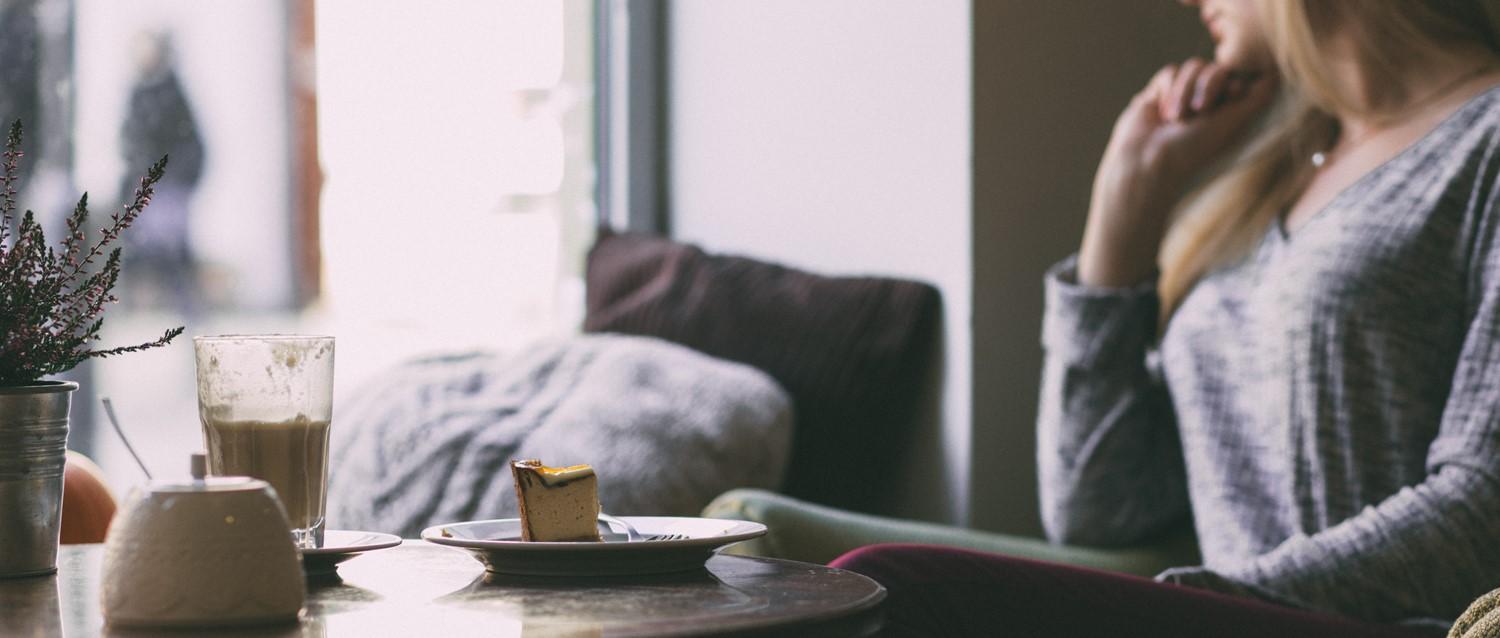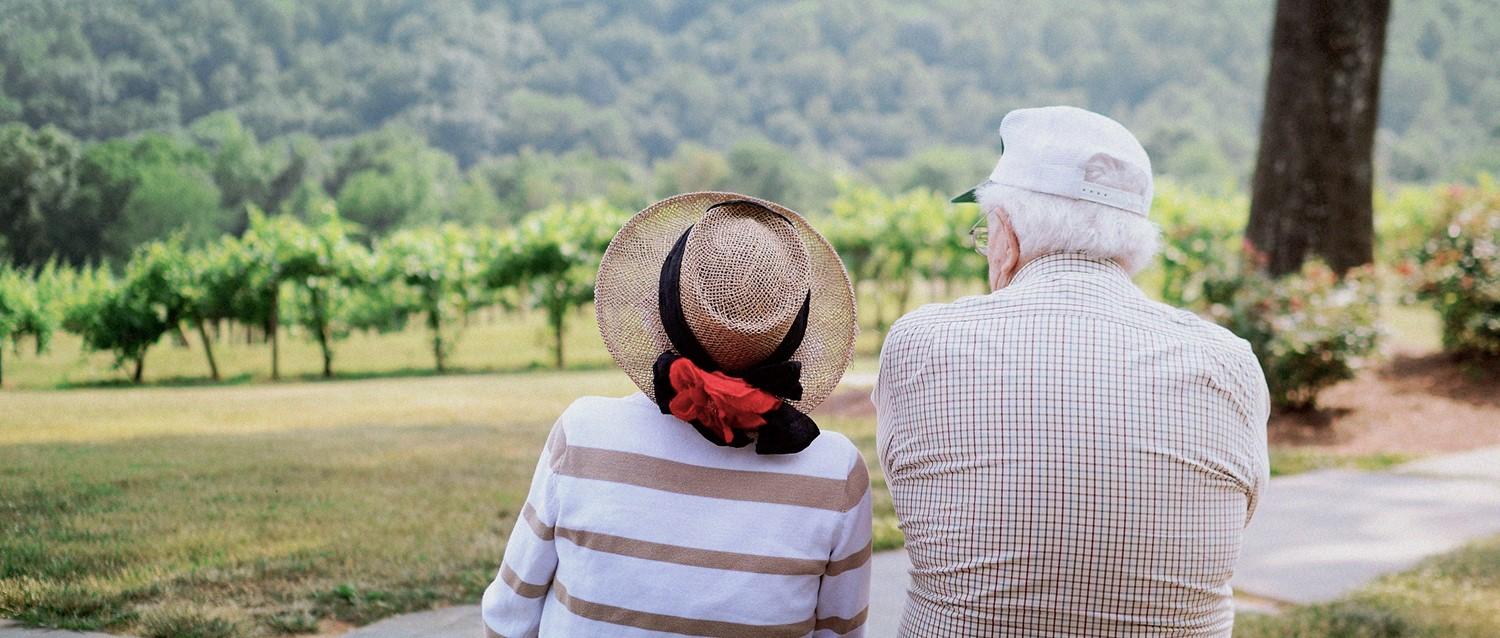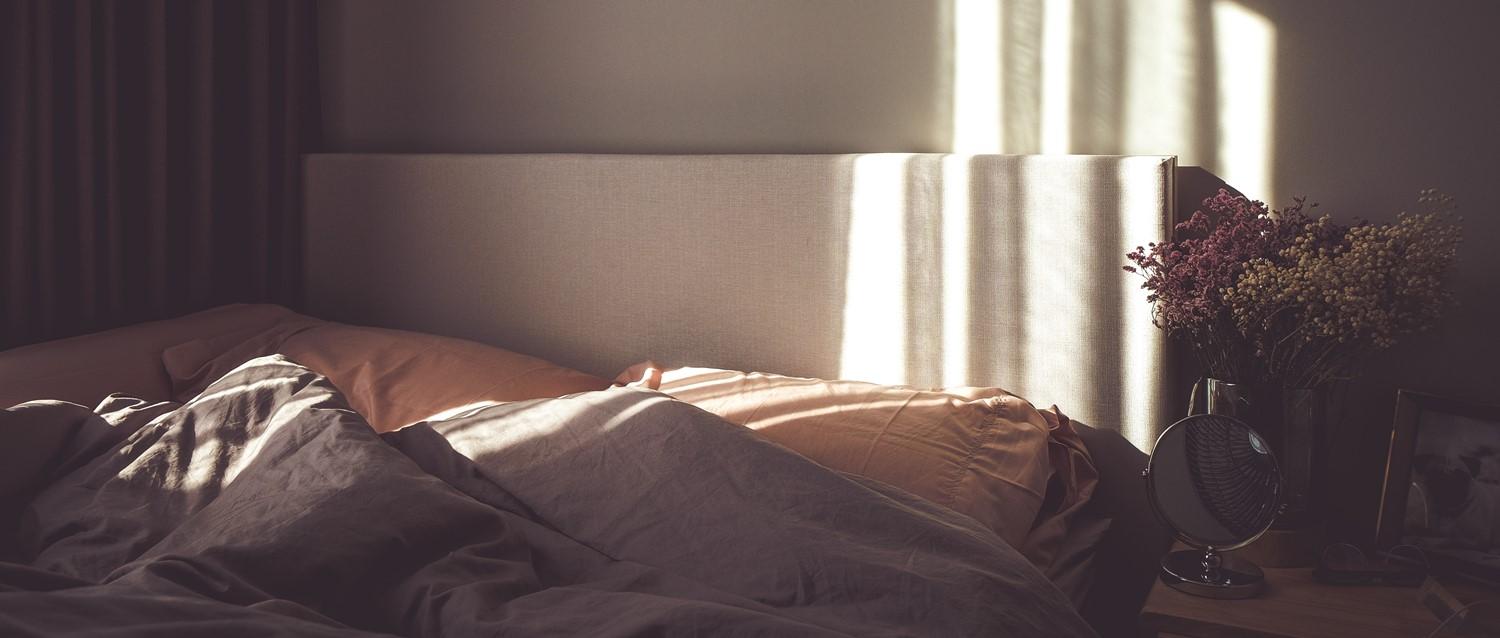
How to cope with isolation after a stroke
Peer reviewed by Dr Sarah Jarvis MBE, FRCGPLast updated by Ellie BroughtonLast updated 24 Dec 2019
Meets Patient’s editorial guidelines
- DownloadDownload
- Share
- Language
- Discussion
Christmas can be a difficult time for anyone, but for stroke survivors, changes to the way they walk, talk and feel can leave them isolated and struggling. What differences can support services make?
In this article:
Elizabeth Kiss was getting ready for her cousin's wedding when she had a stroke. In hospital, doctors told her they expected that she'd have to stay for six weeks, and go into stroke rehabilitation. To everyone's surprise, she went home after just two weeks, and could walk and talk already when she left.
Continue reading below
"I didn't know where I fit in"
Kiss, who was 13 at the time, recovered over the summer holidays and went back to school part-time. But on her return, her social life changed dramatically. "Everyone would either be super sympathetic, or not know how to treat me and not talk to me. I lost quite a lot of friends in that time because I didn't know where I fit in because of what happened."
People who have a stroke aren't generally just about to go into their GCSEs, but for more than a million people who are dealing with the effects of stroke, isolation is an almost universal experience whatever your demographic. Having a stroke often affects the way you move and speak, making you stand out not just from the way you were, but also in public. Some people may lose their ability to work or engage in their normal daily or social activities, isolating them from others.
A Stroke Association report last year found that only 60% of survivors in the East Midlands, the South West and the East of England were satisfied with the support they got, and people in Northern Ireland, Scotland and Wales reported that support was even worse there.
Cuts to local NHS and social care budgets have left many people struggling to access services and support after a stroke, and depleted health and social care workforces are at a loss to support them. For those facing life after stroke, there is so much more investment needed.
Dealing with loneliness
Kiss lost movement on her left side and found she really disliked the way the stroke affected how she sounded. "My voice was very monotone for a while. I used to not want to talk," she explains. "I would make hand signals - thumbs up, thumbs down - shake my head a lot. It was so draining to talk."
She recalls feeling that when she was with friends, it would 'bring the mood down', that people were 'looking after her'. She also found that the stroke, and coping with the stroke, gave her mood swings. She became depressed, and her confidence nose-dived. "I just didn't want to get out of bed and refused to go to school, saying 'I don't want to be here'," says Kiss.
When she felt stressed or lonely, Kiss found that listening to music and walking her dogs helped her cope. She saw a counsellor during the depression, and says that going to a support group for people who needed to build their confidence helped her 'massively'.
Kiss, now 18, is currently studying for a diploma in art and design and is thinking of going on to an apprenticeship. She works as an ambassador for the Stroke Association, and says meeting other young people through the charity who had been through a stroke made her feel less alone. She says she and her family can now look back on her recovery with a sense of humour.
Continue reading below
Seeking support
Jennifer Crow is a clinical specialist occupational therapist in stroke at Imperial College Healthcare NHS Trust. She says experiences like Kiss' are very common. "A 23-year-old stroke survivor I work with no longer socialises with friends because he feels ashamed and embarrassed about having had a stroke.
"Another stroke survivor told me that after he went to a wedding recently he felt so exhausted that he slept for a full day afterwards. The same man has also stopped going to his local pub because he is afraid that someone might accidentally knock him off his feet."
Occupational therapists
Crow said that occupational therapists (OTs) can help with isolation. They can make a referral to a community therapist to offer 'graded (gradual) exposure' to busy environments and practise mobility outdoors. They can also identify local befriending services that the person can reach out to.
OTs put stroke survivors in touch with local stroke support groups run by organisations such as Headway, Stroke Association or the NHS for in-person meetings or phone support. If you have a stroke, the DVLA rules that you cannot drive for a month after the event, so OTs can reduce the impact of this temporary ban by providing the person with a list of wheelchair-accessible cab companies or Dial-A-Ride that the person can use during the licence suspension.
Staying social
At home, stroke survivors can connect with others online by signing up to The Stroke Association's new website, 'My Stroke Guide'. In particular, the 'Forums' section is a good place to ask questions or write about the specific frustrations faced after a stroke.
And, as mentioned by Kiss, spending time with other people who've also experienced stroke can create a sense of connection. Signposting friends and family members to information to help them understand stroke may help them to support you and understand your needs.
Patient picks for Stroke

Brain and nerves
How to support a loved one after a stroke
Watching a loved one learn a new way of life after suffering a stroke can be heartbreaking. Whether you're a spouse, family member, or friend, knowing the best ways to support someone who has experienced this life-threatening event requires time, patience, compassion and self-care.
by Sara Lindberg

Brain and nerves
How does having a stroke affect your sex life?
Sex plays an important role in many people's lives and relationships, helping them feel closer to their partner and explore their sexuality. But after a potentially life-changing event like a stroke, can your sex life get back to normal?
by Milly Evans
Continue reading below
Article history
The information on this page is peer reviewed by qualified clinicians.
24 Dec 2019 | Latest version

Ask, share, connect.
Browse discussions, ask questions, and share experiences across hundreds of health topics.

Feeling unwell?
Assess your symptoms online for free
Sign up to the Patient newsletter
Your weekly dose of clear, trustworthy health advice - written to help you feel informed, confident and in control.
By subscribing you accept our Privacy Policy. You can unsubscribe at any time. We never sell your data.